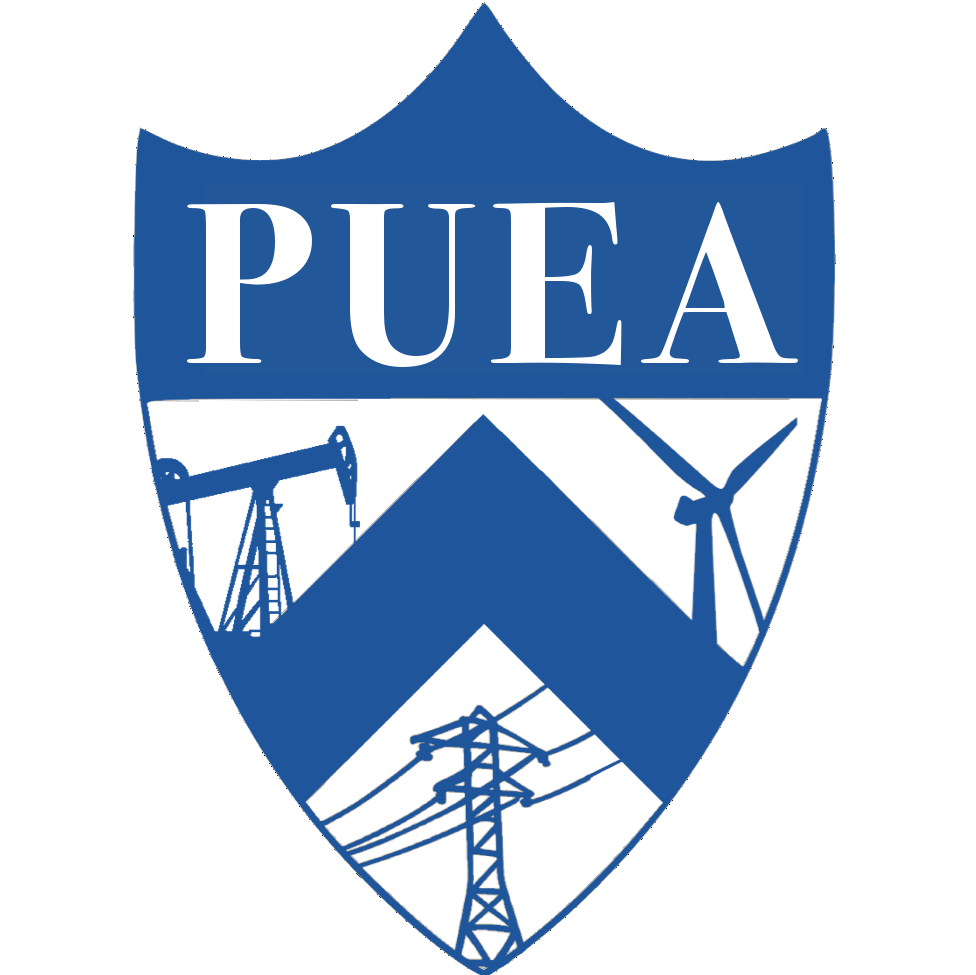Volume 6, Issue 1
September 23, 2018 – September 29, 2018
Anushka Dasgupta '19 | Amy Amatya '21 | Neha Chauhan '21 | Joseph Kawalec '21
According to an internal memo leaked in June, the current administration will ramp up its support of struggling coal and nuclear plants in the near future. One proposal from the memo is to order grid operators to purchase electricity from these plants for the next two years, invoking sections of the Federal Power Act and the Defense Production Act of 1950 which are normally reserved for emergency situations. Further reversals of Obama-era environmental policy were also proposed this summer, including weakened regulations on methane, a greenhouse gas. The new rules, which concern drilling activity on federal land and repairs of methane leaks, could save the oil and gas industry almost $300 million.
Because unprecedented production from non-member countries is helping to meet demand,OPEC will likely not be increasing oil production in 2019. Some interpreted this as a rebuff of President Trump, who has been vocal about his support for increased production from Saudi Arabia. However, U.S. oil sanctions on Iran have been more successful than expected, with major importers such as South Korea, India, and France electing to wean themselves off of Iranian oil rather than threaten trade relations with the U.S. Iran will likely continue exporting to China and Russia. -AD
This summer, the implications of energy technology, such as hydropower dams, solar panels, and natural gas pipelines, affected our society in varying ways. In July, a hydropower dam in southeast Laos that was under construction, nicknamed the 410 MW Project, collapsed and endangered the lives of ~6000 people. The Mekong River in Southeast Asia has always been an attractive source for clean energy acquired by hydropower dams, but the environmental effects of these dams, including soil erosion and lowering fish stock population numbers, threaten the region’s potential for economic growth in the future.
In Africa, scientists have been simulating the installation of solar panels and wind turbines in the Sahara Desert, and have discovered that this could increase the amount of rainfall in the region by increasing ground temperature. And in the Gulf of Finland, the first deep water pipes have been laid for the Russian Nord Stream 2 Pipeline. Despite the intense political opposition to the project, there are not many legal avenues left to stop or even slow its rapid pace of construction. -JK
The summer saw new developments in the trade war between the U.S. and China as it pertains to sustainability and the energy industry. U.S. energy producers are anticipating China’s proposed 25% increase in tariffs on fuel and the accompanying decrease in imports with trepidation. Previously, both sides were anticipating an economic boon from a budding energy relationship, and especially the US as it competes with Russia and Qatar for market share in China (the largest liquefied natural gas importer in the world). Just last month, two government-owned Chinese gas companies ceased all purchases from the U.S. and instead turned to energy sources in other countries. Such politically charged retaliation could have new and negative implications on the global economy. -AA
Decisions by Samsung, Facebook, and other large technology companies to set new renewable energy goals are promising for the environment, but pose challenges to energy producers like General Electric. Samsung is following Apple’s lead by aiming to use 100% renewable energy by 2020; Apple currently uses entirely renewable energy to power all of its facilities, retail stores, offices, and data centers. Facebook has recently committed to the same goal as Samsung, after reaching its 2015 commitment to rely on renewable energy for 50% of its facilities by 2018 -- a goal it reached in 2017.
Power companies like General Electric face rapidly decreasing demand for electricity from fossil fuels; global investment in coal and gas-fired power plants decreased to 38 percent last year from 71% a decade prior. GE is therefore increasing its own investment in power units that produce renewable energy, as well as technology compatible with wind and solar systems. Because the change in demand is driven by the lower costs of renewable energy more than by government policy or environmental concerns, it is expected to be a consistent trend. -NC





